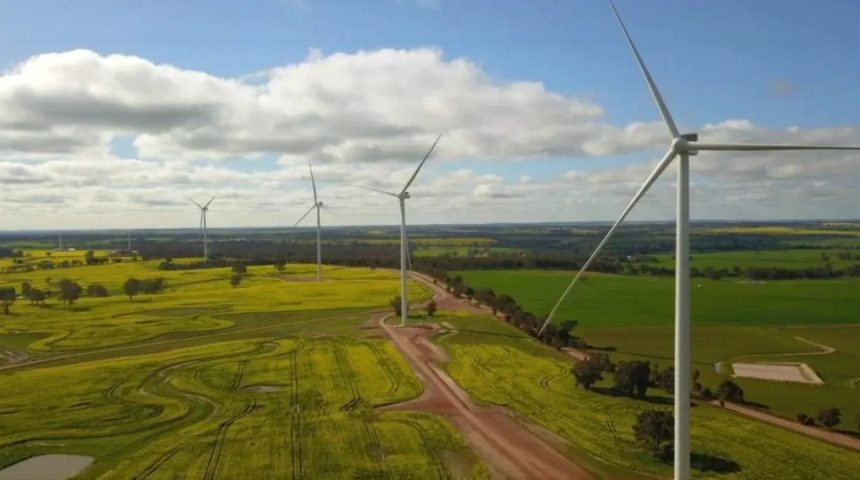Wind Farms Lead the Charge in UK’s Clean Energy Push
Wind farms are increasingly seen as the cornerstone of Britain’s clean energy future, with growing public support and government backing accelerating their expansion across the country.
There’s a noticeable shift happening across the UK. With gas and oil reserves dwindling, and the global political climate pushing energy security to the forefront, wind energy is emerging not just as an alternative, but as a necessity.
The British Isles are uniquely positioned to benefit. “The wind is free, so the cost of electricity will reduce as we rely less on globally-traded, expensive fossil fuels.” That simple fact, repeated by energy advocates, is at the heart of the push.
Offshore turbines, towering high and spinning in the sea breeze, are more than just impressive structures. They’re workhorses.
As the blades turn, they generate power, which is carried by cables down the towers to transformers and on into our homes. This is how wind energy is already keeping the lights on for millions.
And there’s more. Wind farms are becoming an economic force, boosting jobs, stimulating coastal communities, and enhancing national energy resilience.
“No politician can stop the wind, as Putin did to gas supplies when Russia invaded Ukraine,” one expert pointed out. That’s the kind of energy independence the UK craves right now.
Wind power, quite literally, doesn’t run out. In contrast to North Sea fossil fuels, it’s infinite. And, importantly, green.
“When gas is burnt in power stations, it produces carbon dioxide.” That’s the pollution driving climate change, and every spin of a turbine means less of it.
This clean shift is not just about going green. It’s about protecting wallets, jobs, and future generations. The UK has already cut its greenhouse gas emissions by more than 50 per cent, no small feat.
Professor Piers Forster, chairman of the Climate Change Committee, believes we can still hit our net-zero targets, provided policies keep up.
The stakes are high. “Extreme weather has a huge cost to our wealth and our health,” and the consequences of inaction are devastating. According to the Office for Budget Responsibility, unchecked climate change could cost the UK economy £200 billion, equivalent to 8% of GDP.
We’ve all seen the signs. Heatwaves, wildfires, erratic summers. And it’s no longer just a future threat, it’s here. Britain’s traditionally temperate climate is a thing of the past.
That’s why leaders like Prime Minister Keir Starmer are taking a firm stand. “Together, these actions reflect our unwavering commitment to climate action, energy security, and social justice,” he said, referencing billions being spent on efficiency and adaptation both domestically and abroad.
The message from scientists, officials, and campaigners is clear: the UK can’t afford to slow down. Wind power is already winning. Now it just needs to scale.
The good news? Public sentiment is largely behind it. Just 21 per cent of people across England, Scotland, and Wales said they’d object to new pylons or substations in their area. That means almost 70 per cent are open to the necessary infrastructure that will support the green grid of the future.
Amid the wider transition, Brits are making personal swaps to stay climate-conscious. One tip? Switch your hose for a watering can using ‘grey’ water from baths or washing up. Saves on bills and keeps gardens thriving.
As climate change brings hotter nights, staying cool has become a genuine health issue. Suggestions include freezing bedsheets, opening windows in the evening, and even sleeping downstairs. Some families are even taking to trampolines on dry nights.
And let’s not forget insulation. While it keeps homes warm in winter, it also helps keep heat out in the summer. Blinds, shutters, and parasols are small tweaks that make a big difference.
In the face of rising global temperatures, every year since 2002 ranking among the hottest ever recorded by the Met Office, the UK’s transition to renewables is no longer just an environmental policy. It’s a survival strategy.
With wind farms leading the charge, the path ahead looks blustery, but bright.






